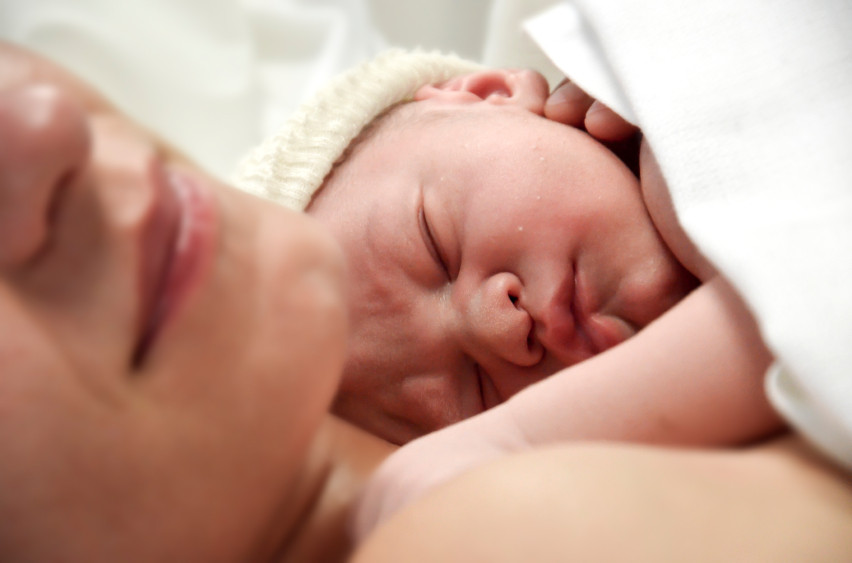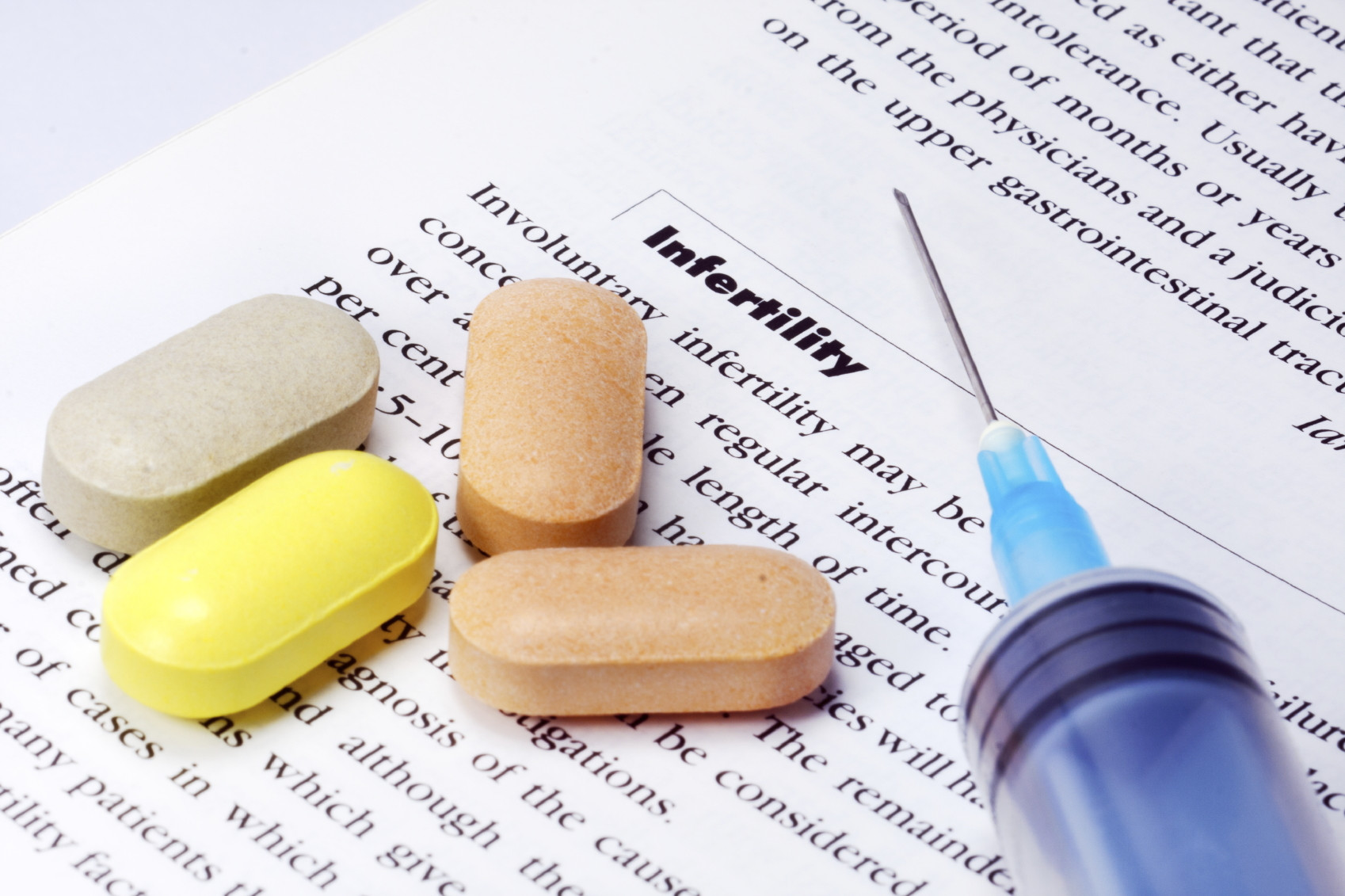Recent Blog Articles

What? Another medical form to fill out?

How do trees and green spaces enhance our health?

A muscle-building obsession in boys: What to know and do

Harvard Health Ad Watch: New drug, old song, clever tagline

Concussion in children: What to know and do

What color is your tongue? What's healthy, what's not?

Your amazing parathyroid glands

When — and how — should you be screened for colon cancer?

Co-regulation: Helping children and teens navigate big emotions

Dog bites: How to prevent or treat them
Birth Control Archive
Articles
Teens and medicines that cause birth defects: Do doctors drop the ball?
Doctors may prescribe medicines for teenage girls — for example for acne, depression, or migraines — that are known to cause birth defects. While most parents and doctors hope that these young women avoid pregnancy for many reasons, adults need to help adolescent girls understand the risks of the medications they take and have frank conversations about sex and birth control.
How can I help my daughter deal with her miscarriage?
Ask the doctor
Q. My daughter had a miscarriage a few months ago and since then she has been depressed and withdrawn. Do you know anything I can do to help?
A. Miscarriage can involve a difficult emotional recovery, and many women and their partners are surprised at the intensity of their feelings. Many women who have experienced a miscarriage feel that they have done something wrong. They may worry that the miscarriage resulted from stress or lifestyle choices they made during pregnancy. In fact, most miscarriages are the result of chromosomal abnormalities, structural abnormalities of the uterus, or maternal endocrine or autoimmune disorders.
Where is best for birth: Hospital or home?
By the mid-20th century, most births took place in the hospital. But increasingly, some women are choosing to have their babies at home in an effort to avoid seemingly unnecessary interventions and find an alternative to hospital environments. We don’t have the best data to assess the safety of home birth. But a recent analysis offers insights that can help women make choices based on what they value the most.
C-section rates: Consider this when deciding where to have your baby
For years, there has been concern about the high rate of cesarean births — but just how many cesareans are too many? A recent study suggests that a cesarean rate of 19% is about right. The reasons for high cesarean rates may be related more to each hospital’s circumstances and processes than to other, more commonly cited reasons. If you’re concerned, find out the C-section rate at the hospital where you plan to deliver your baby.
Miscarriage: Keep breaking the silence
Many public figures have begun speaking up about their experiences with miscarriage. While it’s wonderful that they’re breaking the silence, a recent survey has revealed that the general public still has a lot of misconceptions about this surprisingly common event. Dr. Hope Ricciotti shares her reactions to the survey results, and her advice to women experiencing miscarriage.
Treating unexplained infertility: Answers still needed
One of the most common treatments for unexplained infertility is ovulation induction, in which a woman takes drugs that will increase the number of eggs the ovary releases in the hope that at least one will result in a pregnancy. But when too many eggs are available for fertilization, the rates of high-risk multiple pregnancies go up. A recent study compared three drugs used for ovulation induction and found that the one more likely to result in a live birth was also more likely to result in a multiple pregnancy (twins, triplets, or more). The options for treating unexplained infertility remain less than ideal, but careful choices mean that the pregnancies that do result will be safer for moms and babies.
Studies question ban on alcohol during pregnancy
Drinking alcohol during pregnancy has been taboo for some time, largely because drinking too much can cause fetal alcohol syndrome (FAS). Because no one has been able to identify a clear threshold for “safe” drinking during pregnancy, doctors tell women to steer away from alcohol entirely. A series of five studies from Denmark published in BJOG An International Journal of Obstetrics and Gynaecology found that “low” (1-4 drinks per week) to “moderate” (5-8 drinks per week) alcohol consumption in early pregnancy did not harm the neuropsychological development of children evaluated at age five. Drinking more appears to be a different story. In one of the studies, five-year-olds whose mothers consumed higher levels of alcohol (9 or more drinks per week) during pregnancy were significantly more likely to have lower attention spans. The authors of the study do not argue that drinking alcohol during pregnancy is wise or to be encouraged. In fact, most doctors will continue to advise pregnant women not to drink alcohol. is there a middle ground? Perhaps. Deciding to have a sip (or glass) of champagne at a special occasion during pregnancy may not be an unreasonable or unsafe choice–one that each woman has to make for herself, ideally after talking with her obstetrician or midwife about this issue.
Study elucidates health risks for DES daughters
The synthetic estrogen diethylstilbestrol (DES) was widely prescribed in the 1940s, '50s, and '60s to prevent miscarriage and premature delivery. Its dangers were first revealed in the early 1970s, when Harvard-affiliated researchers linked the drug to a rare cancer of the vagina and cervix in the daughters of women who took DES while pregnant. In 1971, the FDA issued a warning against its use by pregnant women, but five to 10 million pregnant women and their babies had already been exposed. In the following decades, many other health problems were discovered among DES daughters. A report from the DES Follow-up Study, published in The New England Journal of Medicine (Oct. 6, 2011), documents the health risks for these women.
The study. In 1992, researchers contacted women who had participated in one of three studies of DES daughters undertaken in the 1970s. They recruited 4,653 women who had been exposed to DES in utero for a follow-up study, along with a control group of 1,927 women who had not been exposed. Using questionnaires, phone interviews, and medical records, the researchers assessed the cumulative risk for 12 health problems linked to DES exposure in earlier studies.
Recent Blog Articles

What? Another medical form to fill out?

How do trees and green spaces enhance our health?

A muscle-building obsession in boys: What to know and do

Harvard Health Ad Watch: New drug, old song, clever tagline

Concussion in children: What to know and do

What color is your tongue? What's healthy, what's not?

Your amazing parathyroid glands

When — and how — should you be screened for colon cancer?

Co-regulation: Helping children and teens navigate big emotions

Dog bites: How to prevent or treat them
Free Healthbeat Signup
Get the latest in health news delivered to your inbox!
Sign Up











